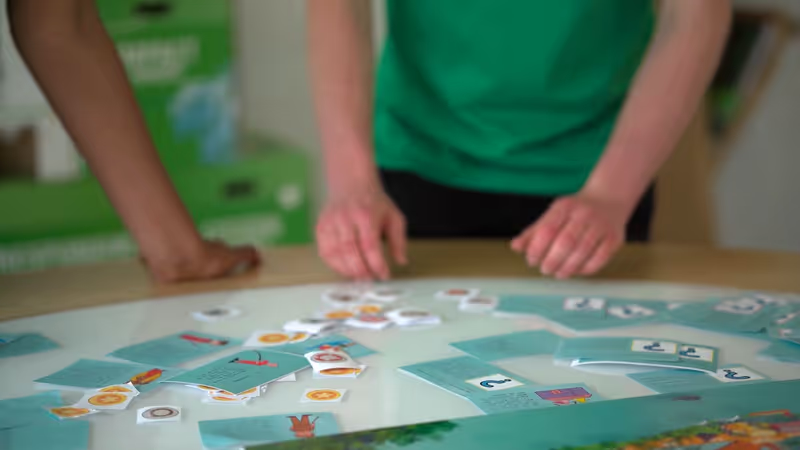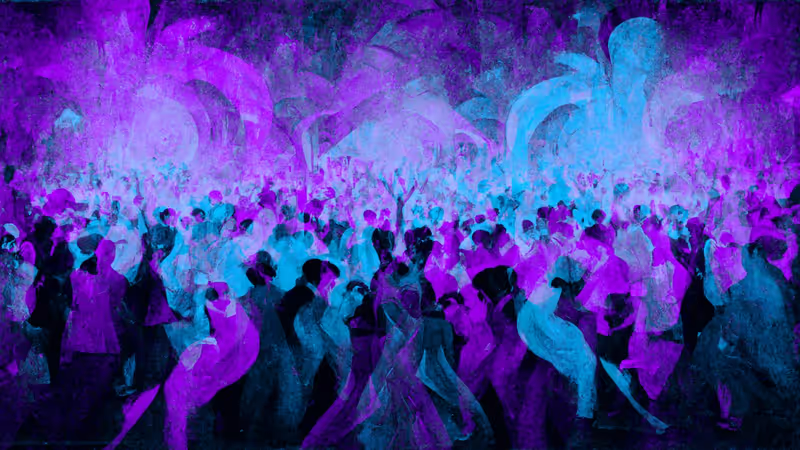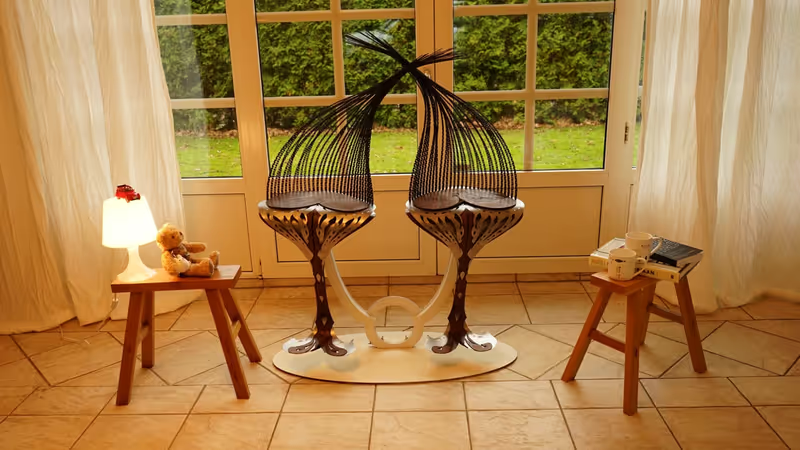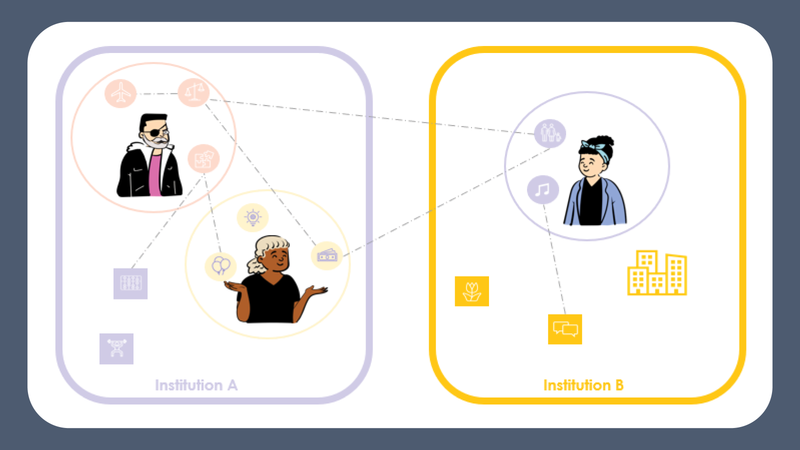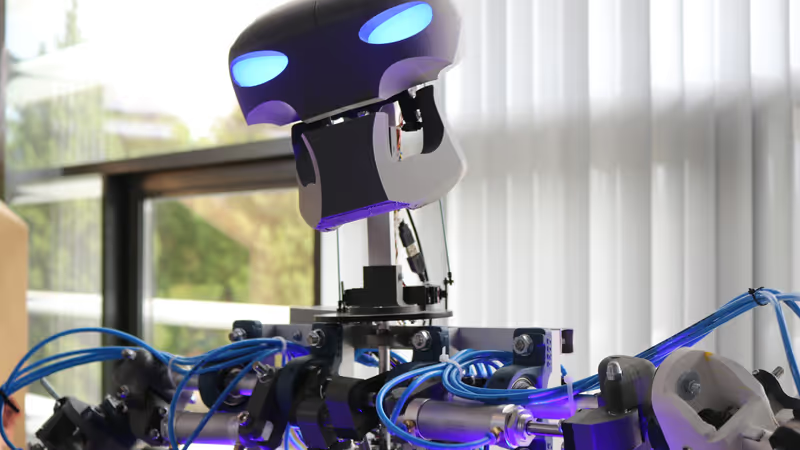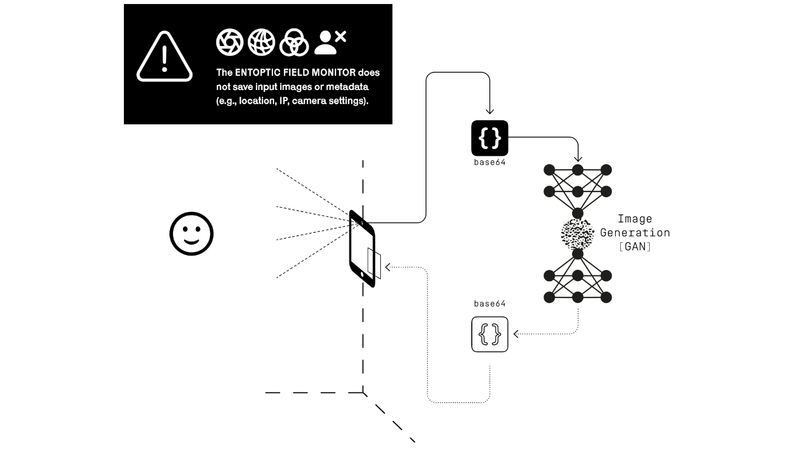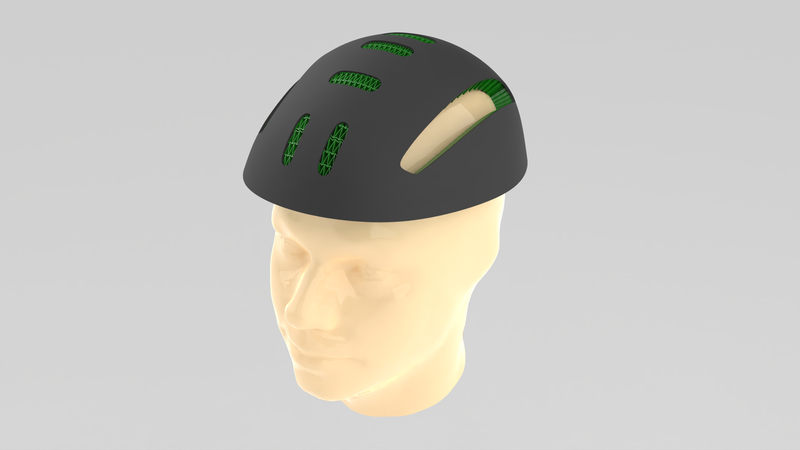The Transitions programme is organised by Design United (4TU). This year, the technical universities of Twente, Delft, Wagingen and Eindhoven explore what role can design play in tackling different themes: Futuring, Politics of Design, Entanglements with AI and Neo Craftsmanships. These themes will be highlighted during the exhibition in the Klokgebouw, the afternoon programme in Microlab and in the eMagazine.
Futuring
Design is a future-oriented practice. Ways to envision the future, speculate and reflect on it, and even rehearse what it may feel like to inhabit alternative futures, are all critical components of the designer's toolkit. As the fate of our planet lies in the balance, the ways design shapes our futures – the kind of relations, experiences, meanings, and behaviours it forms – need to be explored, problematized, and reoriented. We need to figure out, collectively, where opportunities for responsible innovation lie, and help society move forward in respectful, responsible, and exciting new ways. Under this topic the UT presents three projects:
Politics of Design
What is the relationship between design, power, and social justice? How do designers navigate the complex intersections of social structures, cultural differences, biases, stereotypes, and domination? Is design equipped for collective liberation and ecological sustainability? Can design really aim at social good and if so, how does it change the way we practice design? In this theme, we aim to stimulate discussions, with a focus on projects on social justice, power, agency, and the politics of design.
Entanglements with AI
Artificial Intelligence (AI) is fundamentally shaping future societies. It’s therefore important to understand AI’s role as a design material. This is more than the computation - AI is a technology that can transform everyday activities and experiences and transform design practice itself. Questions we ask are, how can designers productively engage and work with AI? How can this be done collaboratively with the diverse perspectives and understandings of relevant stakeholders? And lastly, how can we do so responsibly and ethically?
NEO Craftsmanships
With critical debates on the future directions of design in full swing, crafters of advanced enabling technologies have already started to make the new everyday a reality. Deepfake digitalisations are already out there, shape-changing food designs are served in top restaurants, and smart materials are used to weave sustainable fabrics. In this theme, we focus on the question of how new craftsmanships emerge in current design practice, presenting a 3-dimensional perspective through Materials, Machines, and Methods.


